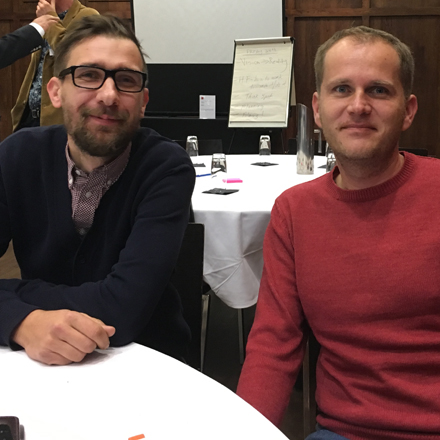
Pavol Sabela (pictured left) of Stopa Slovensko talks about his work in homelessness in Bratislava, Slovakia. The city has recently joined the European End Street Homelessness Campaign.
Can you tell me a little bit about your work in Bratislava?
I am a social worker and our organisation focuses on street outreach and activities for homeless people so that they can become more integrated into society. For people who have been on the streets for a long time we have a special therapy programme which helps them with job skills and education. We try to empower people so they are not stigmatised and removed from society. One way we do this is through helping people to volunteer in urban gardening within the community. We see all the people we work with as individuals with feelings and wishes for the future and hope we can help them to move forward in their lives.
One of our next aims is to develop a flat for someone to move into as a first step after sleeping on the streets, or shelters. This does not currently exist as an option in our city.
What are the main reasons that people become homeless in Bratislava?
Most of the people we work with are men between 35 and 45 years of age. Many of them find themselves on the streets due to relationship breakdowns. We also have clients who have been in orphanages as children and people who are long term unemployed. If we work with people who have been on the streets for a short time (under 3 months) we generally can work quickly and effectively to help them.
Can you tell us a bit more about the people you work with?
People we work with can be split into four categories:
- People facing long term homelessness for a number of different reasons
- People who have come to the city to find work but are unable to, and feel a sense of shame so do not return home
- Seasonal workers
- A small percentage of migrants from neighbouring countries
What are the main challenges to ending homelessness in Bratislava?
A major issue is the fact that we have a lack of constructive discussions between NGO leaders as to what we can do to end street homelessness. Housing First is a long term aim to help us end homelessness but presently this idea will be unpopular because there is a housing shortage for other groups in the city including young families and students. We need to find ways to communicate about Housing First sensitively to the public so that people understand its benefits. Our housing system needs to change if we want to integrate Housing First as a solution.
What do you think needs to change?
Our main focus needs to be effective prevention. We also need more types of accommodation from emergency shelters for everyone to flats for people who are coming off the street. I think we have infantilised people on the street and we need to empower people so that they have the power to take control of their lives with our support.
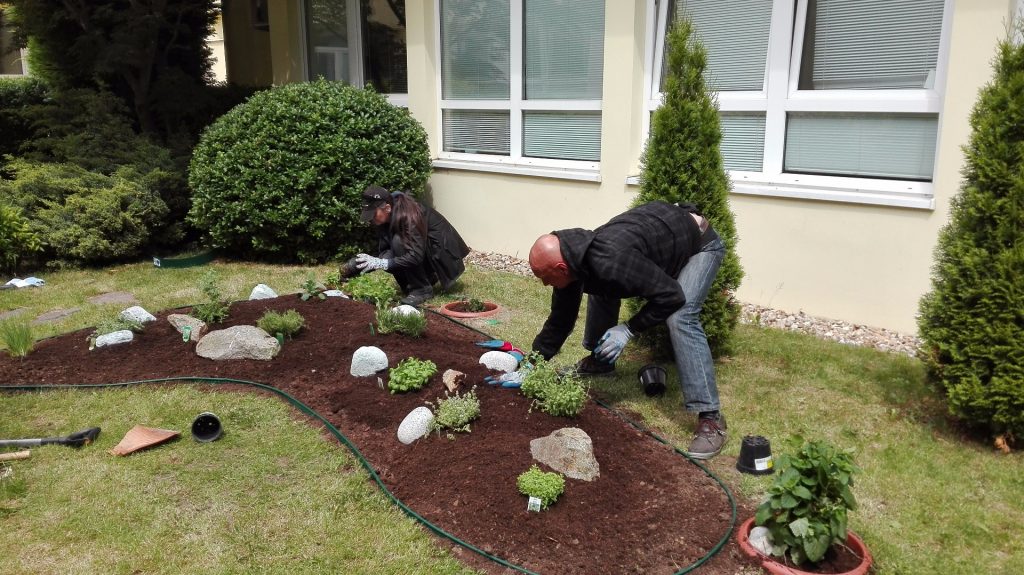
How have you got the city council involved in the campaign?
The city council has refreshed its ways of thinking in recent years and now want to relook at homelessness as an issue in a less bureaucratic way. As part of this they want to redefine their homelessness plan and are interested to learn from others internationally. This is the first time that the social services department has been involved in an international campaign in this way and they are very supportive of the six principles that the campaign concentrates on.
Why do you think the European End Street Homelessness Campaign is different to other campaigns?
In this campaign each city empowers each other through sharing ideas and skills. Together we offer a strong and powerful voice to speak outside of formal institutions such as the EU. I feel we can really share our learning with others going forward.
You can follow the work of Stopa Slovensko on their Facebook page.

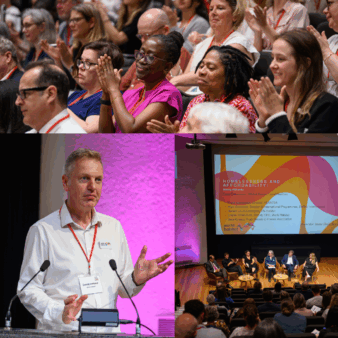
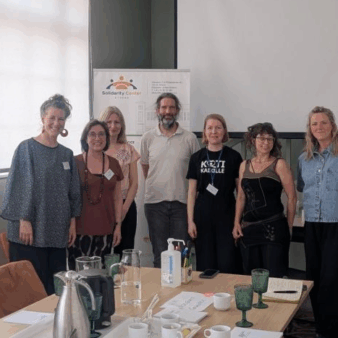
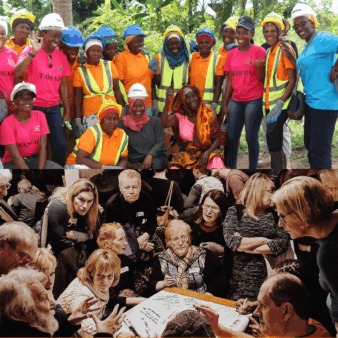
Join the discussion